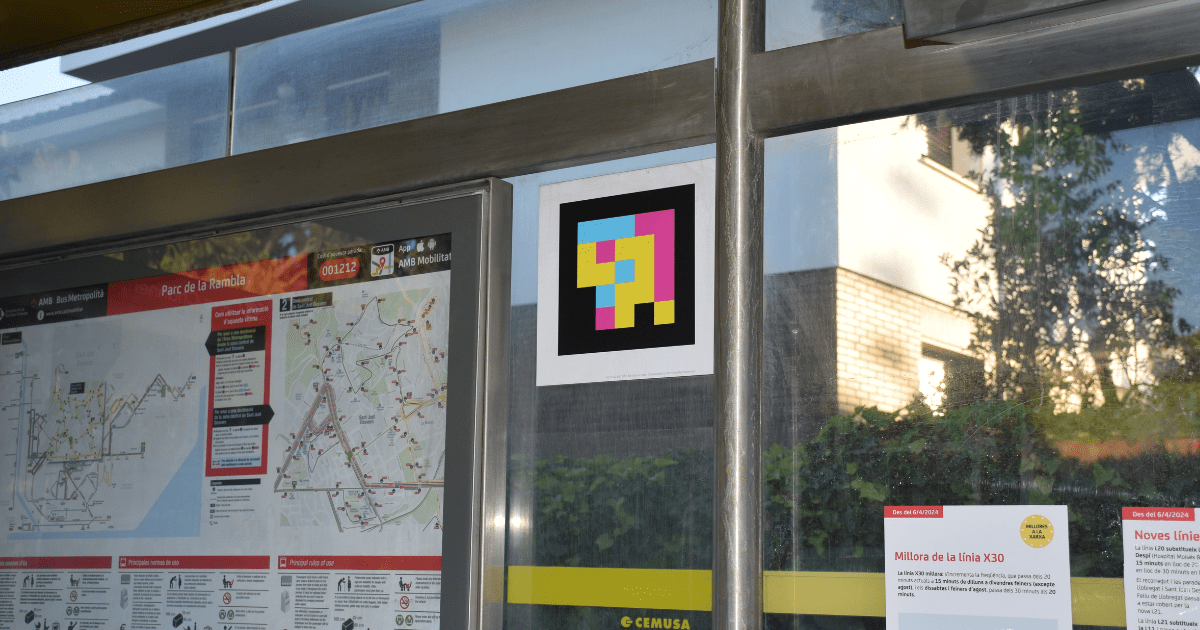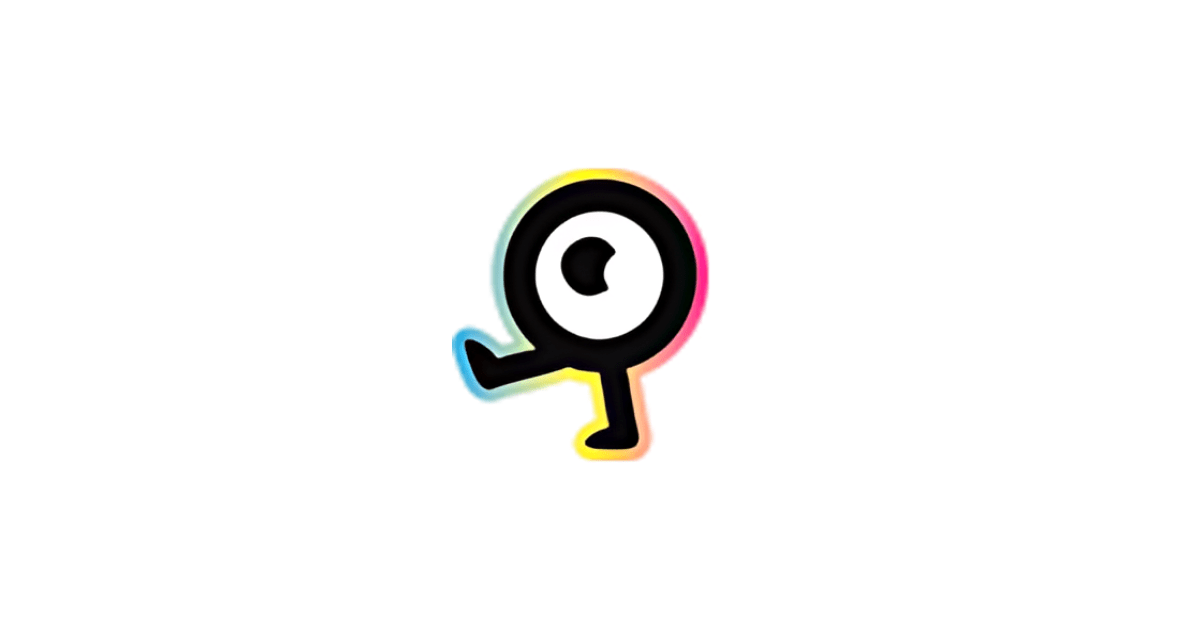NaviLens, a code system that guides individuals with visual impairments in public spaces

NaviLens, a code system that guides individuals with visual impairments in public spaces
Neosistec

A code system with relevant information about public spaces to increase the autonomy of people with visual impairments
Individuals with visual impairments face difficulties in performing everyday tasks, such as locating restrooms, recognizing which bus is in front of them, or reading a street sign. To address this issue, NaviLens has been created, a system of labels with codes, similar to barcodes or QR codes, that provides useful information to facilitate the mobility of people with visual impairments in public spaces.
To read the information contained in the signs, all that is needed is to download an application and move the mobile device around the area where the code is located. Without the need to approach closely, NaviLens labels can be read from a distance, while in motion, and with the camera unfocused. These are some of the main differences compared to QR codes, which are of little use to people with visual impairments as they require proximity to be interpreted with a mobile device. This implies that users must know beforehand where they are located.
Once the code is detected, a “click” is heard, and the application vocalizes the information. For example, the stop number where the user is located, the transportation schedule, the position relative to the space, etc. It can also be used in cultural events such as museums or exhibitions, with informative labels about the route or artistic works.
Additionally, some product brands are using NaviLens on the labels of their items to provide information about the components or usage. The application also allows for the identification of personal use objects, as the codes can be printed and stuck onto any surface.
Characteristics of innovation
Localization
Murcia, Spain
Partners / Funders
Mobile Vision Research Lab (University of Alicante) and CIDAT
Genesis
NaviLens is a project by Neostistec that was created in 2017, after five years of development, with the aim of helping people with visual impairments navigate unfamiliar spaces and obtain information about products or services in a more accessible manner.
Level of implementation
Since 2017, NaviLens has been implemented in urban transport, museums, and cultural spaces in more than 130 countries across five continents. Furthermore, the application is available in 36 different languages. Among other organizations, Transportes Metropolitanos de Barcelona (TMB) incorporated NaviLens labels throughout the bus and metro network in 2019. The project won the Connecting for Good award from the Vodafone Foundation.

Banc d’innovacions







